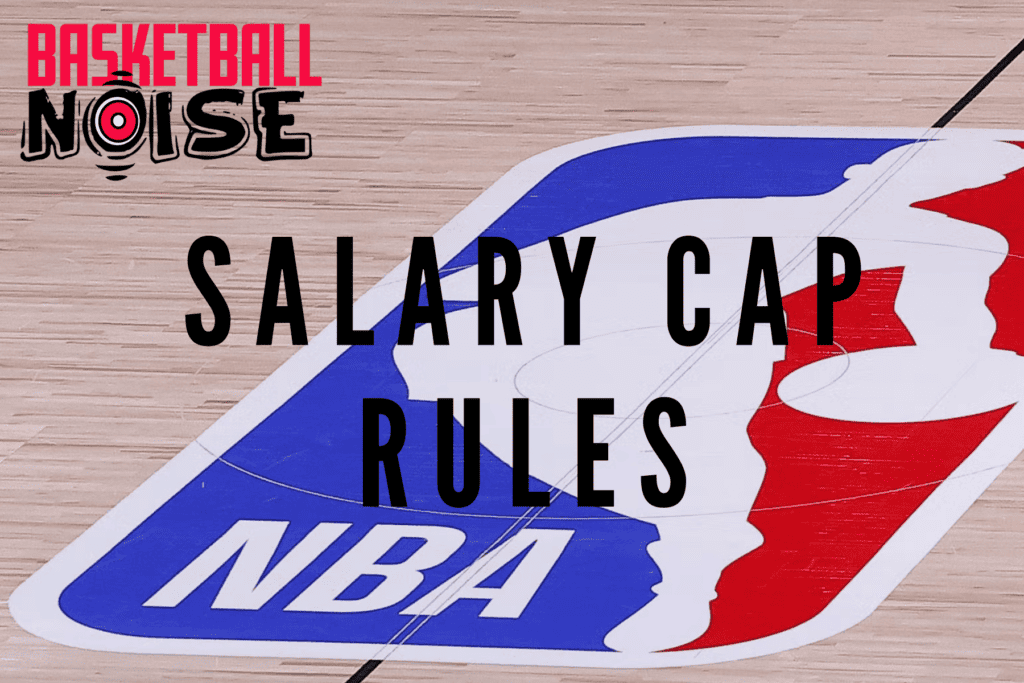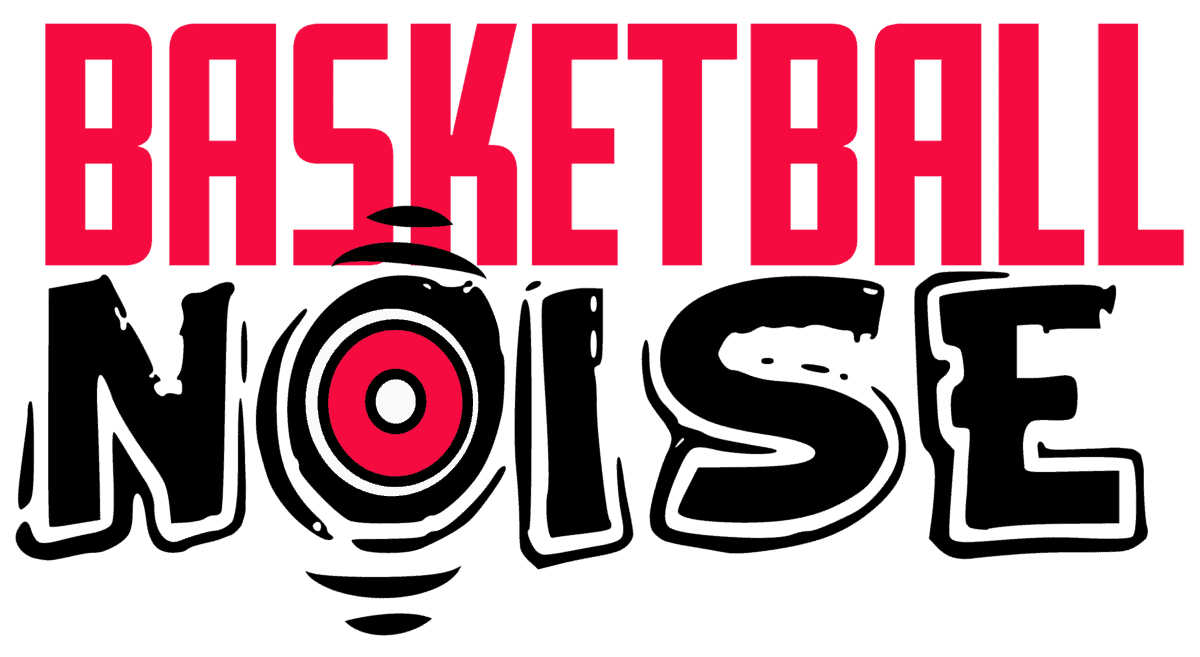The NBA (National Basketball Association) has a salary cap mechanism to foster club balance and guarantee that small-market teams can compete with larger-market teams and the league can stay profitable. The salary cap is the total amount each club may spend on player wages throughout a season. The luxury tax is an extra penalty for teams if their overall payroll exceeds the luxury tax level.

Conditions under which Limits and Thresholds may be exceeded
- clubs may exceed the salary limit and luxury tax threshold, such as by using exceptions (which enable teams to sign players while being above the cap) or by re-signing their players using bird rights (which allow teams to exceed the cap to retain their free agents).
- The NBA has a minimum team salary, the total amount each club must spend on player wages in a particular season.
- The salary ceiling and luxury tax levels are modified annually based on league income. As part of their collective bargaining agreement, the NBA and the players’ union discuss the specifics of the pay cap system.
The Bird Rights
When a player has spent three seasons with the same club without being released or transferring teams as a free agent, the team gains the right to sign the player to a new contract without regard for the wage cap.
The organisation may specifically offer the player a contract with a salary up to the maximum for a veteran player, even if that figure exceeds the salary limit. If the player accepts the offer, he will be called a “Bird free agent.” If he refuses the offer and contracts with another club, his last team loses Bird Rights over him and cannot exceed the salary cap to keep him.
Clubs may also gain Bird Rights for players they acquire in the middle of the season if they have not moved teams as free agency since the start of the previous season. Bird Rights may be utilised to re-sign players for up to five years, although other clubs can only give free agents a four-year deal. The maximum yearly increases for Bird-free agents are more extensive than for standard free agents, enabling clubs to give their players more competitive contracts.
Overall, Bird Rights are an essential weapon for NBA clubs to use to retain free players and develop a competitive squad. They may assist clubs in keeping elite players without worrying about the salary cap, albeit there are restrictions on how much a team can give and how lengthy a contract can be.
The NBA and the Luxury Tax
The luxury tax is a penalty levied by the NBA on clubs whose total team payroll exceeds a particular level. The luxury tax is intended to prevent clubs from overspending on player contracts and to foster competitive balance among teams.
The NBA establishes a “luxury tax threshold” each season, a predefined amount clubs may spend on player salaries without paying the luxury tax. The NBA must assess penalties if a team’s overall payroll exceeds the luxury tax level. The penalty amount is set on a sliding scale, with heavier fines for teams who exceed the threshold by a more significant margin.
The penalty for exceeding the luxury tax threshold depends on how much a club exceeds the threshold. As a punishment, for every dollar a team exceeds the barrier, they must pay a particular percentage. As a team’s budget grows, the percentages rise as follows:
- 0 to $5 million above the threshold: $1.50 for every dollar
- Over the threshold by $5 to $10 million: $1.75 for every dollar
- Over the threshold by $10 to $15 million: $2.50 for each dollar
- Over the threshold by $15 to $20 million: $1.00 = $3.25
- Every $5 million above the threshold: An extra $0.50 per dollar
The luxury tax is intended to deter clubs from overpaying on player compensation while encouraging competitive balance among teams. Teams who surpass the criteria face hefty financial penalties, making creating a successful squad more challenging in the long run.
The Salary Cap and the Luxury Tax – Levelling the Playing Fields
The salary cap and luxury tax systems in the NBA foster competitive team balance while enabling players to be fairly compensated for their abilities and services. The wage cap is the total amount each club may spend on player salaries throughout a season. The wage cap helps prevent clubs with higher resources from purchasing all of the top players and dominating the league by restricting how much they can spend. Due to this, smaller-market teams may have a greater chance of competing with larger-market clubs.
Simultaneously, the NBA has a minimum team salary, which is the amount each club must spend on player wages in a particular season. This ensures that clubs cannot save expenses by not investing in players. Furthermore, the NBA’s bird rights regulations and other exclusions enable clubs to retain free players and develop a competitive squad without having to worry about the salary limit as much. This may assist in keeping elite players from leaving their present clubs in pursuit of higher-paying opportunities elsewhere.
